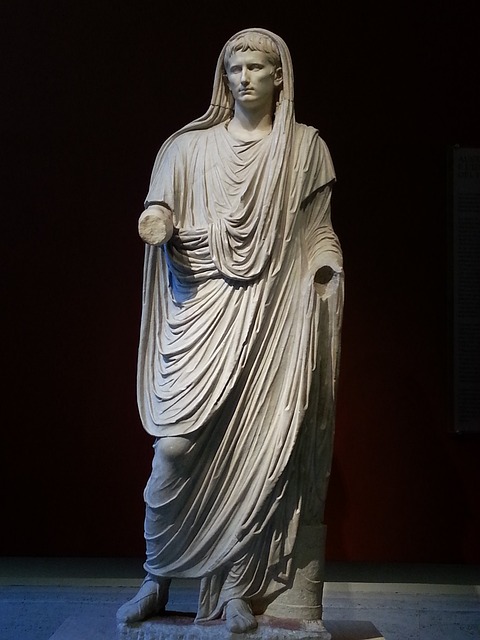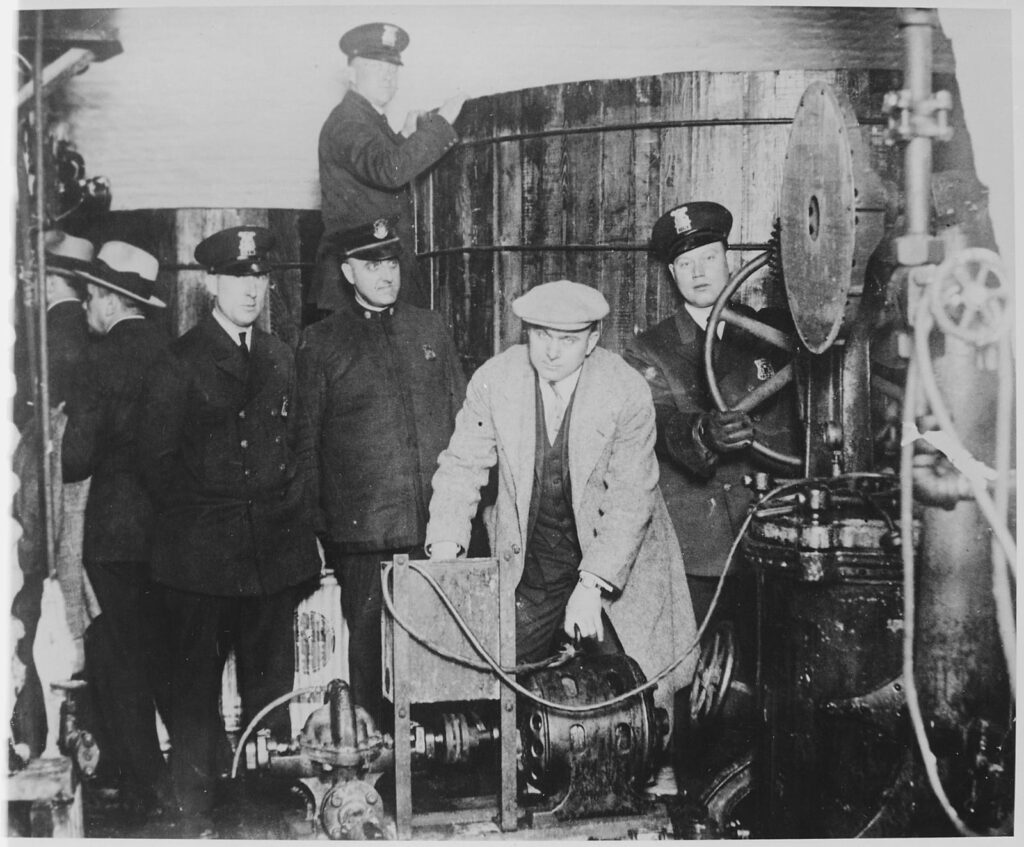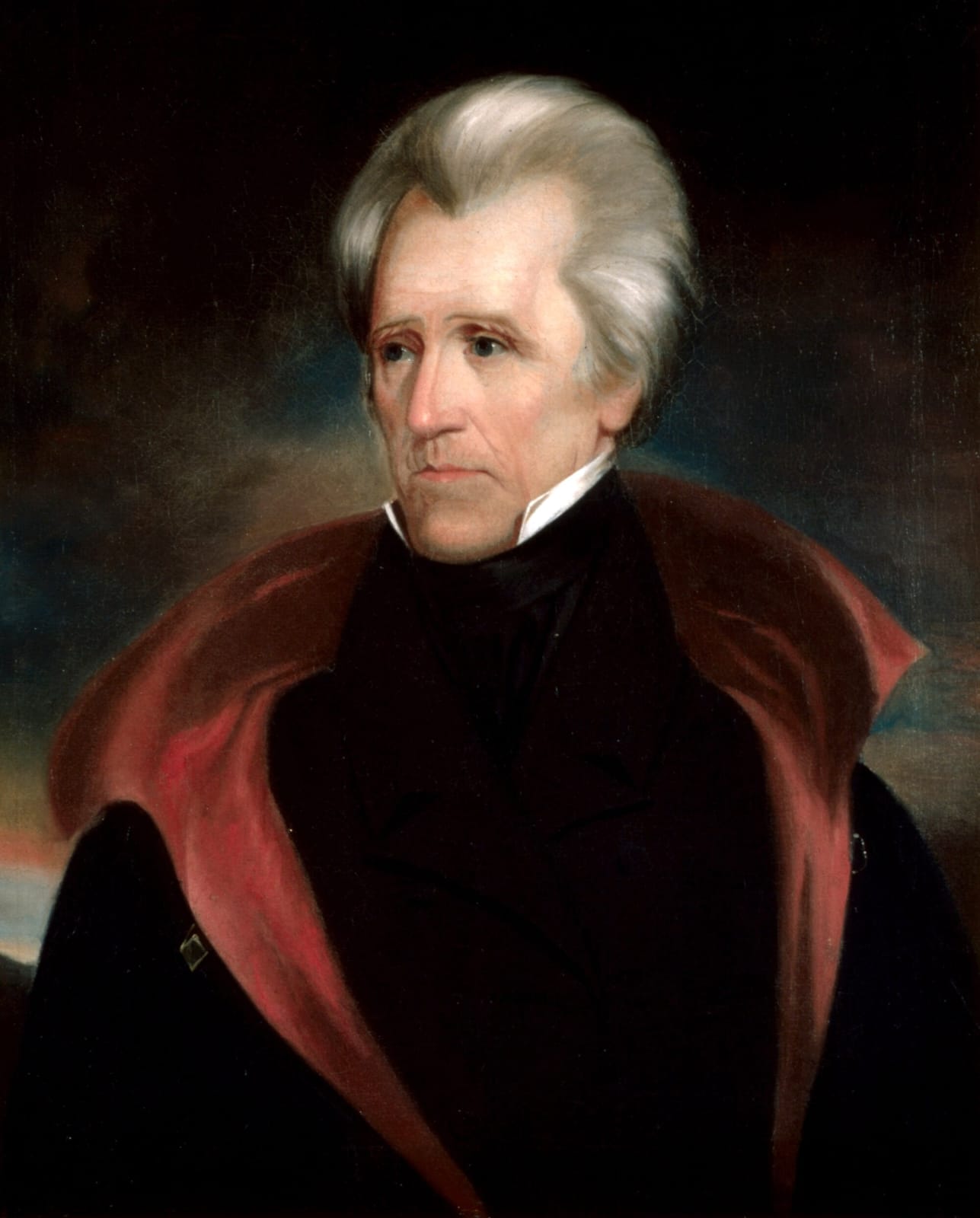History isn’t some boring collection of dates—it’s a nonstop parade of chaos, drama, and eyebrow-raising twists that make you wonder, “Wait, that happened?” January 16, in particular, is a goldmine of peculiar, unexpected, and downright bizarre moments. From ancient emperors and celestial scares to jazz shaking up the music scene and UFOs making an entrance during a war, this date has it all. Let’s dive into the unforgettable events that turned January 16 into a historical highlight reel.
1. 27 BC: Augustus Becomes the First Roman Emperor

Picture ancient Rome: political intrigue, gladiators, and Julius Caesar’s shadow looming over everything. Enter Gaius Julius Caesar Octavianus—Caesar’s adopted heir, a cunning strategist, and the ultimate power player. By 27 BC, Octavian had outwitted rivals like Mark Antony and Cleopatra and consolidated his hold on Rome. But he wasn’t content to just be a general or politician; he wanted the whole empire.
On January 16, the Roman Senate handed him the title of “Augustus,” meaning “the revered one.” It was more than just a title—it was a masterstroke of branding. By accepting this honor while appearing humble, Augustus essentially cemented his control without looking like a dictator. Sneaky, right? This moment marked the official beginning of the Roman Empire, a force that would shape the world for centuries. Augustus reigned for over 40 years, blending ruthless ambition with savvy reforms, and it all started with this January 16 power move.
2. 1547: Ivan the Terrible Becomes Russia’s First Tsar
If history had a “Most Intense Monarch” contest, Ivan IV of Russia would be a top contender. Before January 16, 1547, Ivan was already the Grand Prince of Moscow, but that wasn’t enough for him. At the tender age of 16, he was crowned Tsar of All the Russias, a title that carried both divine authority and total power. This wasn’t just a new title—it was Ivan’s way of declaring himself the ultimate ruler of a sprawling, chaotic land.
But let’s talk about the “Terrible” part. Ivan earned his nickname not because he was a bad leader but because he was absolutely terrifying. He centralized power, expanded Russian territory, and created a secret police force (the Oprichnina) that unleashed terror on anyone who opposed him. He also famously killed his own son in a fit of rage. Not exactly a chill guy. Still, his reign set the stage for the powerful Russian tsardom that would last for centuries.
3. 1919: Prohibition Begins in the United States

Imagine a world without bars, happy hours, or a cold beer on a hot day. That was the reality on January 16, 1919, when the 18th Amendment took effect, launching Prohibition in the United States. This constitutional ban on alcohol was supposed to reduce crime and improve public morality. Spoiler: it did the exact opposite.
With alcohol outlawed, bootlegging became a booming industry, and organized crime skyrocketed. Figures like Al Capone became household names, raking in millions by smuggling booze and running underground speakeasies. The government tried (and failed) to enforce Prohibition, and Americans found increasingly creative ways to sneak a drink. By the time Prohibition was repealed in 1933, the whole thing had become a national joke. But January 16, 1919, remains a milestone—a day when the U.S. tried (and hilariously failed) to ban booze.
4. 1938: Benny Goodman Brings Jazz to Carnegie Hall
Before January 16, 1938, jazz was seen as a little too edgy for high society. It was the music of dance halls and smoky clubs, not the hallowed halls of Carnegie Hall. But Benny Goodman, the “King of Swing,” changed all that with one legendary concert.
Goodman and his orchestra brought the energy, skill, and improvisation of jazz to a venue traditionally reserved for classical music. The concert wasn’t just groundbreaking—it was a statement. Goodman’s performance proved that jazz wasn’t just entertainment; it was art. The night featured iconic musicians like Count Basie and Lionel Hampton, and it’s still considered one of the most important events in jazz history. Thanks to Goodman, January 16 became the day jazz officially arrived on the big stage.
5. 1644: The “Great Plague Comet” Freaks Out Europe
Life in the 1600s was already pretty grim. The plague was ravaging Europe, wiping out entire communities, and people were grasping at anything to make sense of it. So when a bright, fiery comet appeared in the sky on January 16, 1644, it was like throwing gasoline on an already blazing fire of panic.
Dubbed the “Great Plague Comet,” this celestial visitor was visible to the naked eye and sparked widespread hysteria. Many believed it was a divine warning or a harbinger of even greater disaster. For people living through the chaos of the plague, the comet seemed like confirmation that the end of the world was near. While we now know it was just a passing space rock, the fear it inspired shows how deeply people sought meaning in the stars during times of crisis.
6. 1780: The “Great Cold Day” in New England
Winter in New England is never easy, but January 16, 1780, was a whole different beast. Known as the “Great Cold Day,” this was one of the most extreme cold snaps in recorded history. Temperatures dropped so fast and so low that rivers froze solid almost instantly, livestock froze to death in their fields, and early American colonists were left scrambling for survival.
What made it so bizarre was the suddenness of the freeze. One moment, it was a chilly winter day; the next, it was as if nature had hit the “deep freeze” button. Early meteorologists were baffled, and the event became a legendary example of just how unpredictable and brutal New England winters could be.
7. 1991: UFOs Spotted During the Gulf War Air Campaign
January 16, 1991, marked the start of Operation Desert Storm, a massive air campaign in the Gulf War. But while the skies were filled with fighter jets and missiles, something else reportedly appeared: UFOs.
Multiple military personnel claimed to see strange, unidentified flying objects during the campaign. These weren’t just random lights in the sky—witnesses described objects that moved in ways no known aircraft could replicate. Were these advanced enemy weapons? Secret U.S. military projects? Or actual extraterrestrial visitors?
The sightings remain a mystery, fueling endless conspiracy theories. Some suggest the Gulf War was more than just a geopolitical conflict—it was a cover for alien activity. While there’s no solid proof, the reports make January 16, 1991, one of the weirdest intersections of war and the unexplained.
So, What’s the Deal With January 16?
From ancient empires to modern mysteries, January 16 is a date that refuses to be boring. Whether it’s Augustus flexing his political genius, Ivan the Terrible terrifying everyone, or UFOs adding a dash of sci-fi to real-world history, this day is packed with stories that are equal parts wild, weird, and wonderful.
Next time January 16 rolls around, maybe take a moment to appreciate the bizarre twists of fate that have made it one of the most intriguing days in history. Or, you know, just keep an eye on the sky for any unexpected comets or UFOs—because if history has taught us anything, it’s that January 16 likes to keep things interesting.



